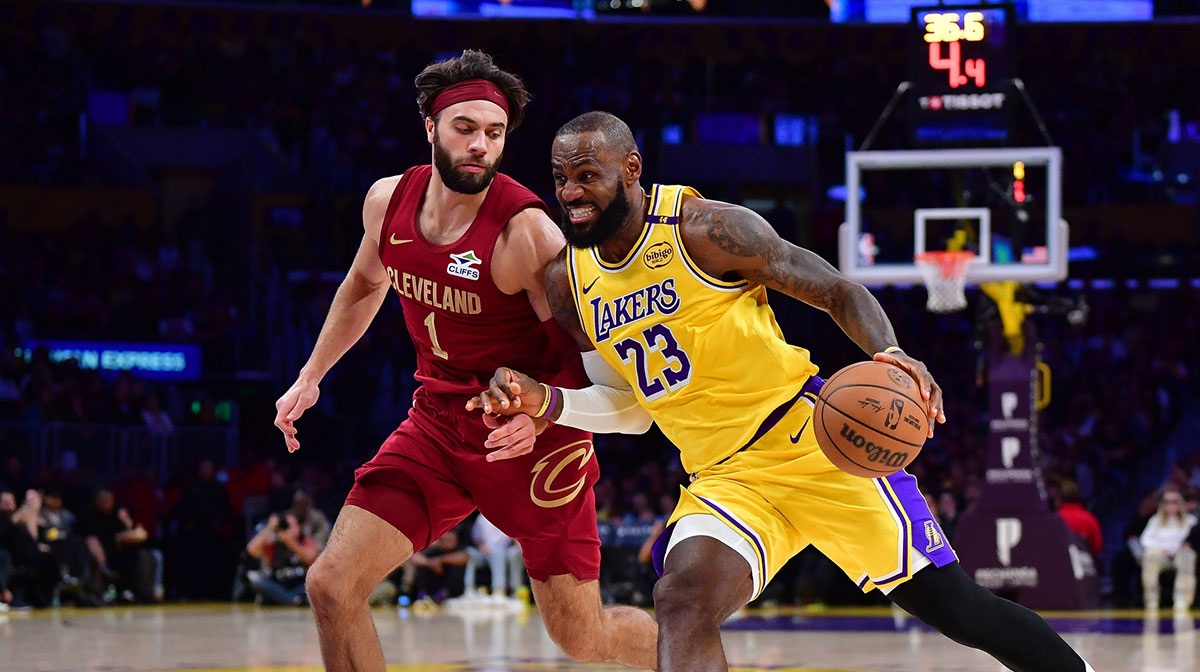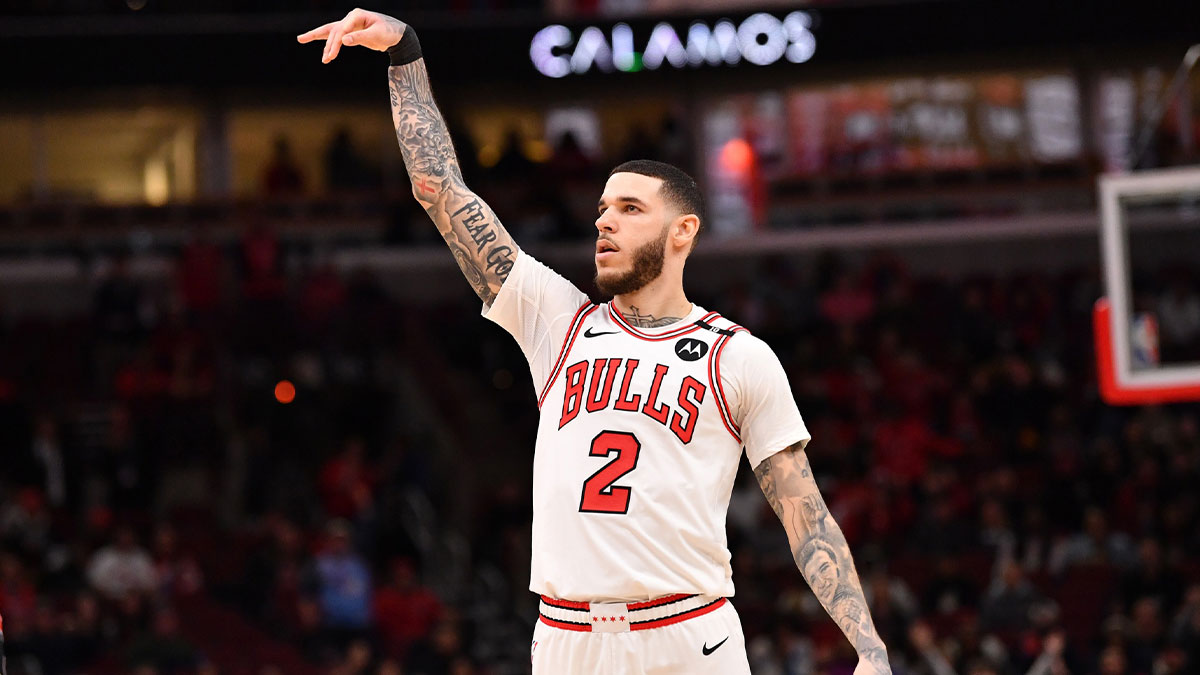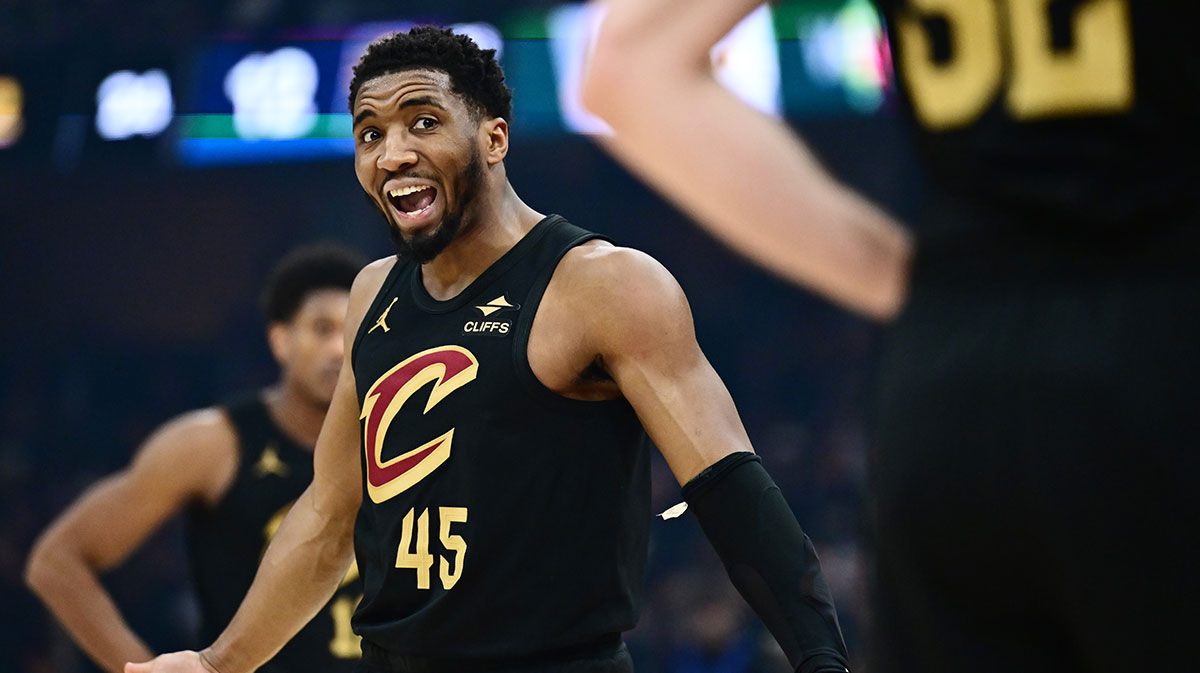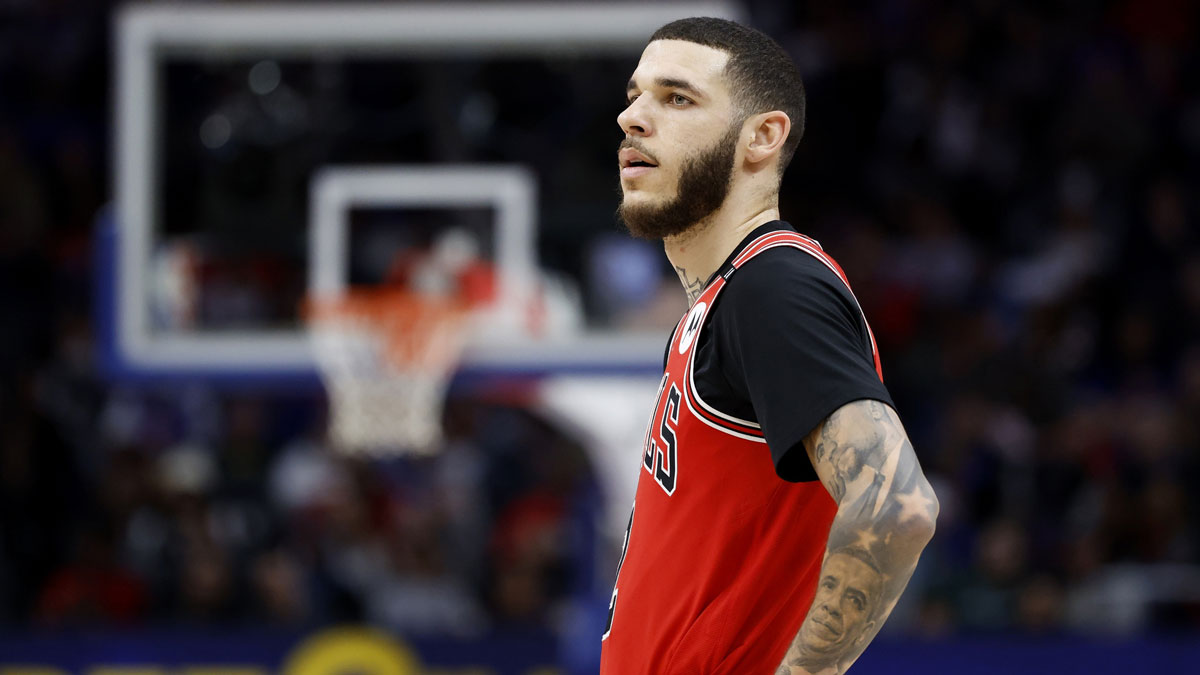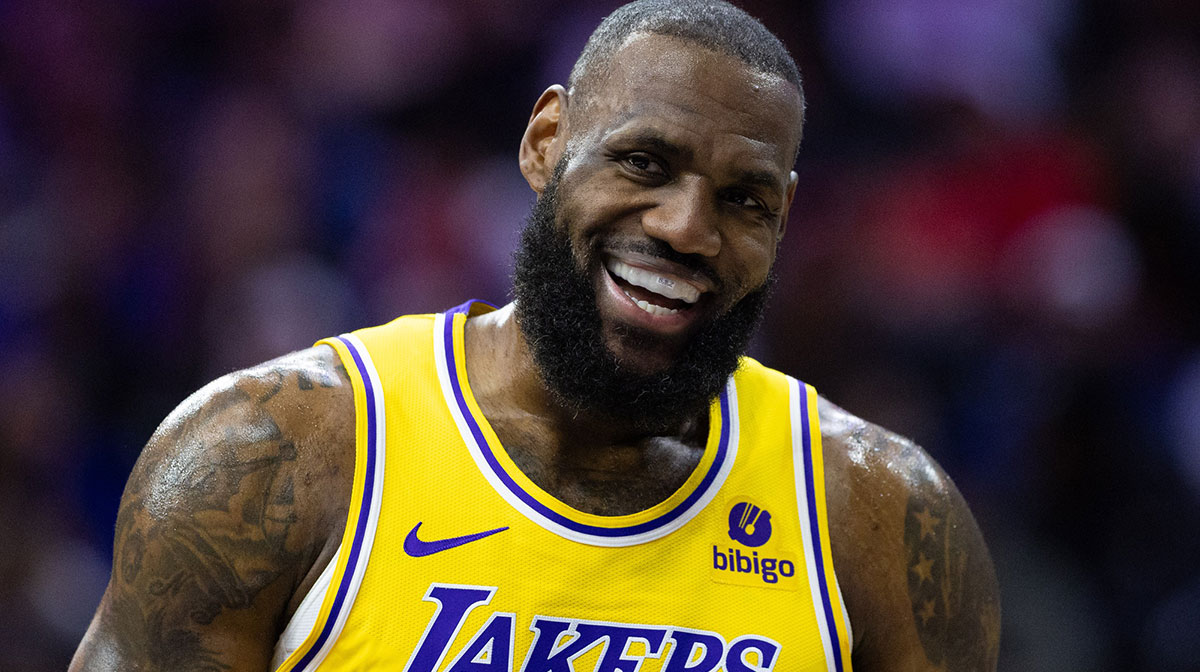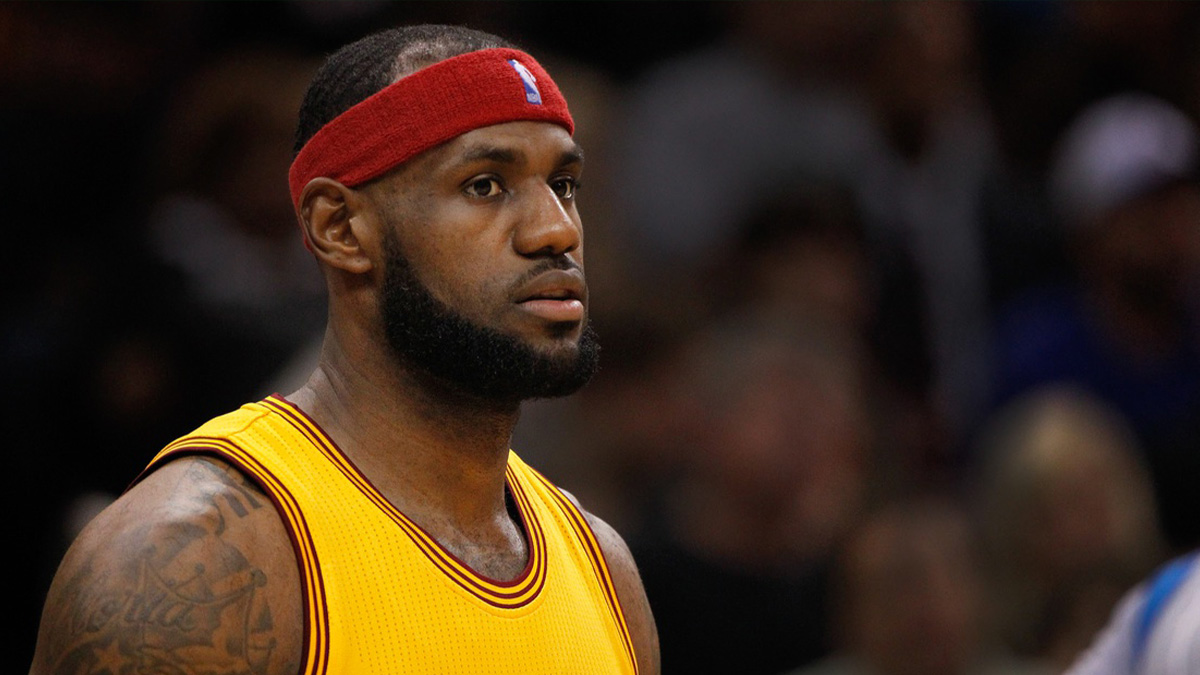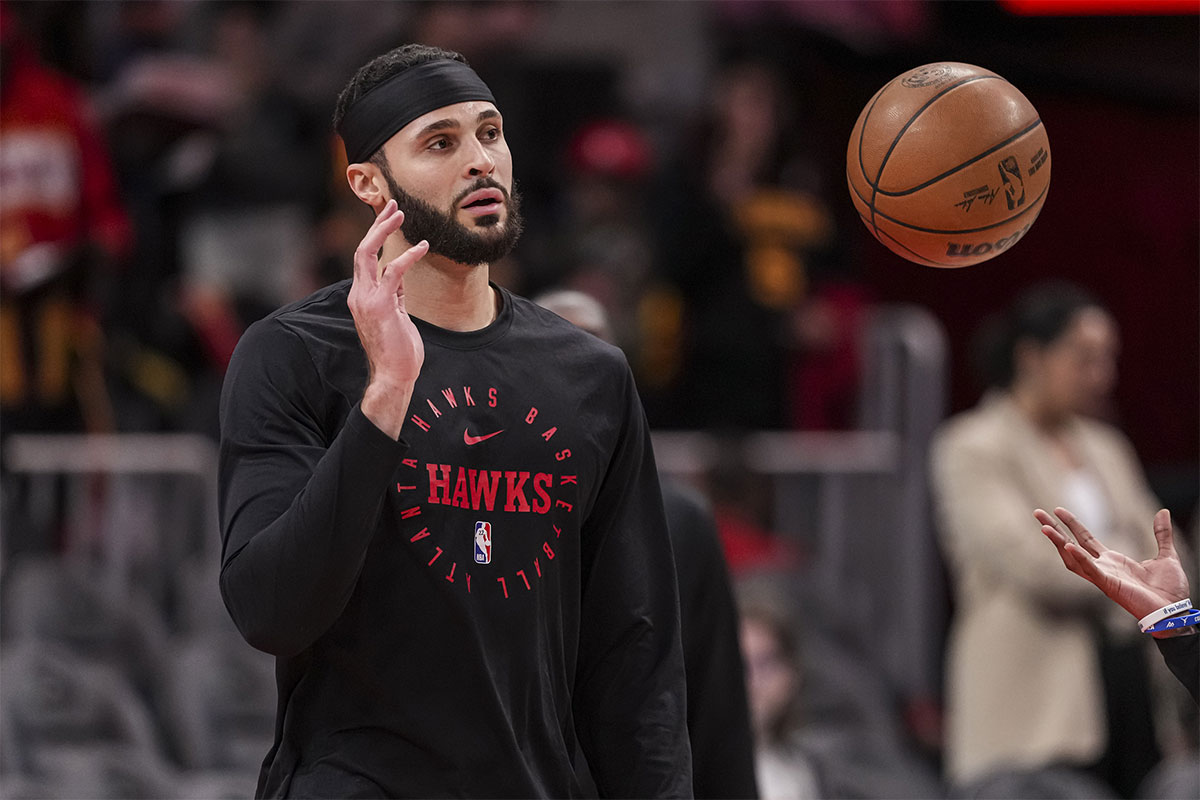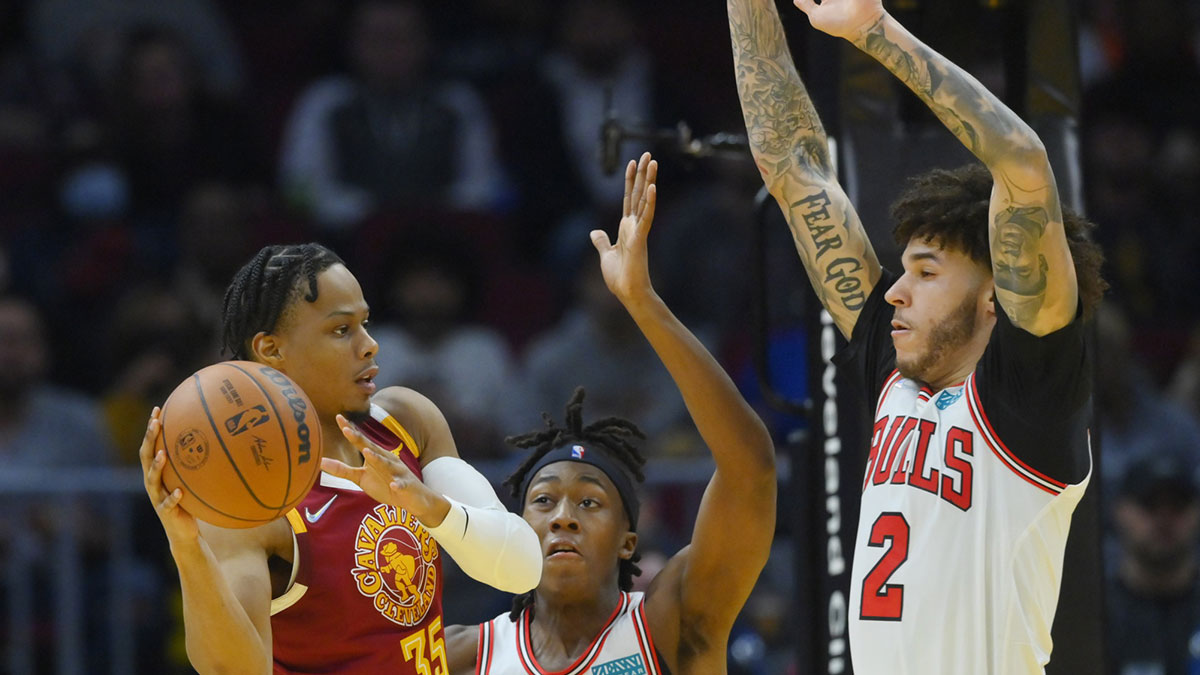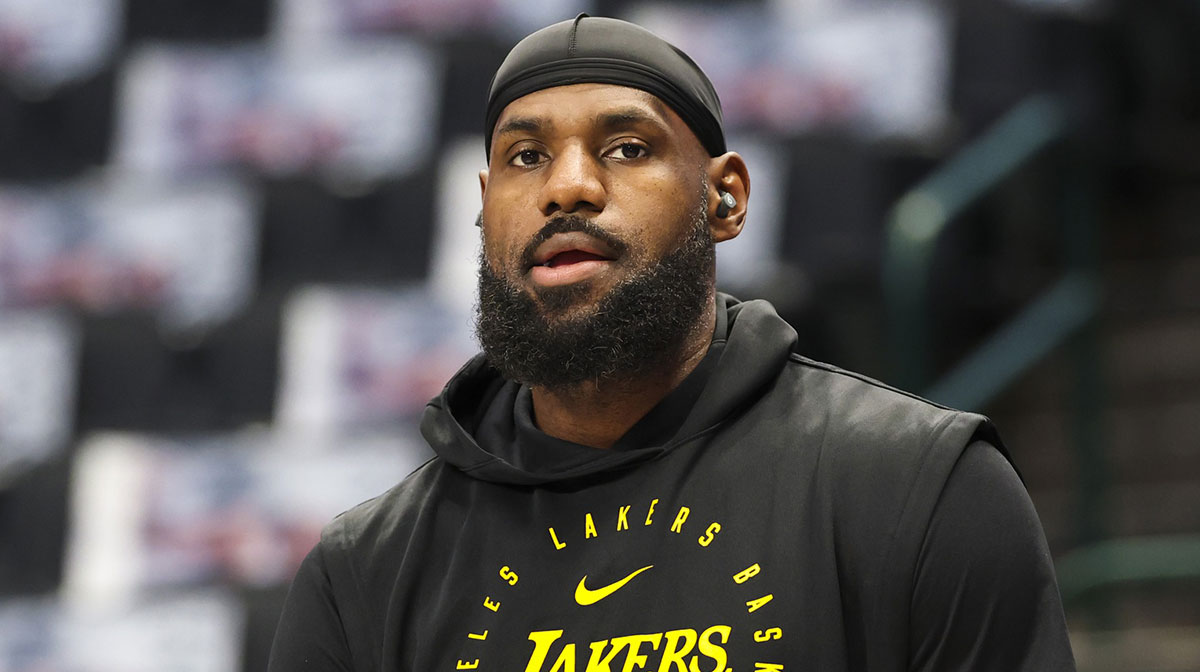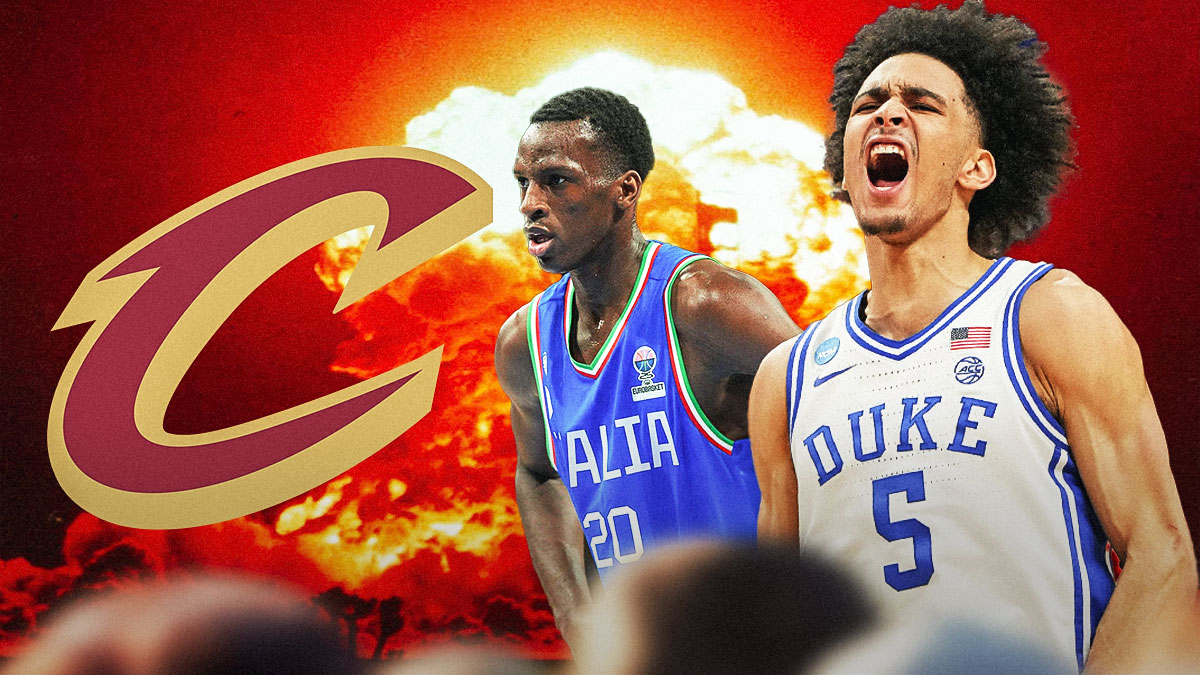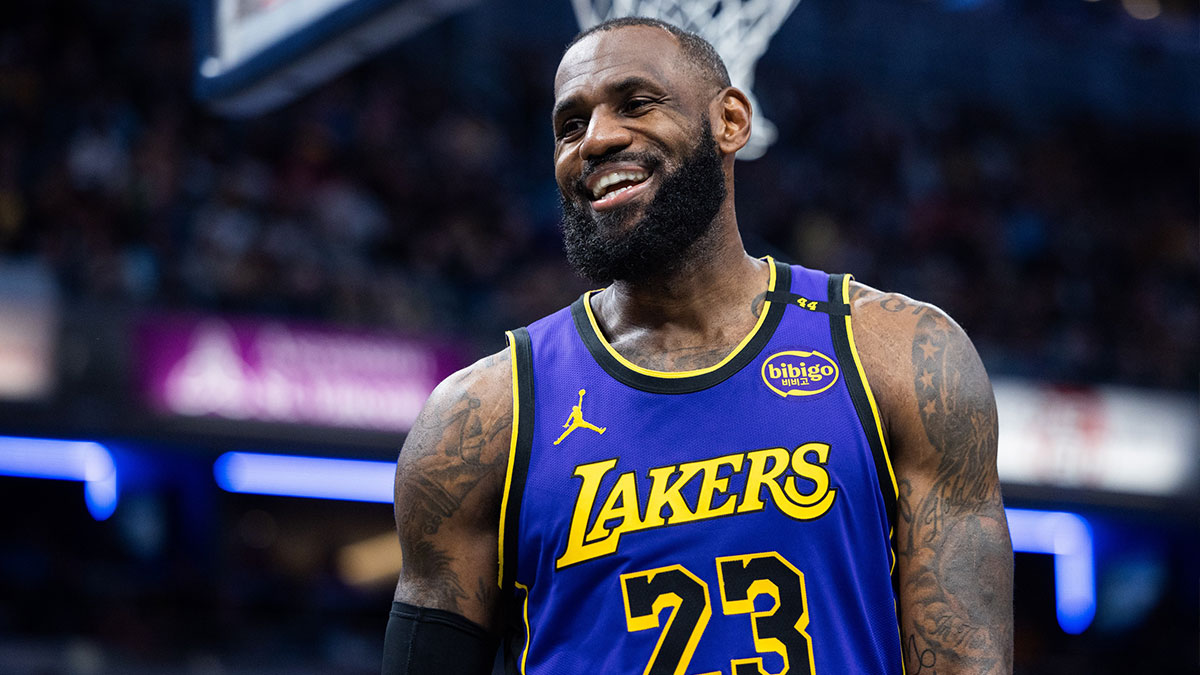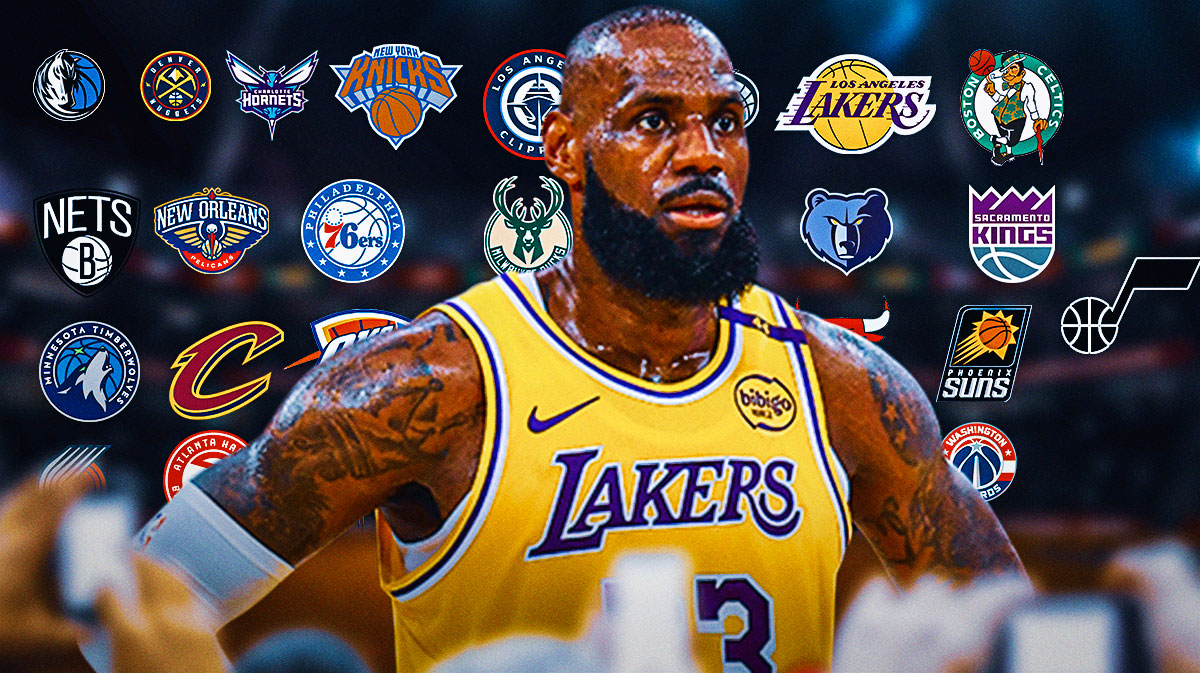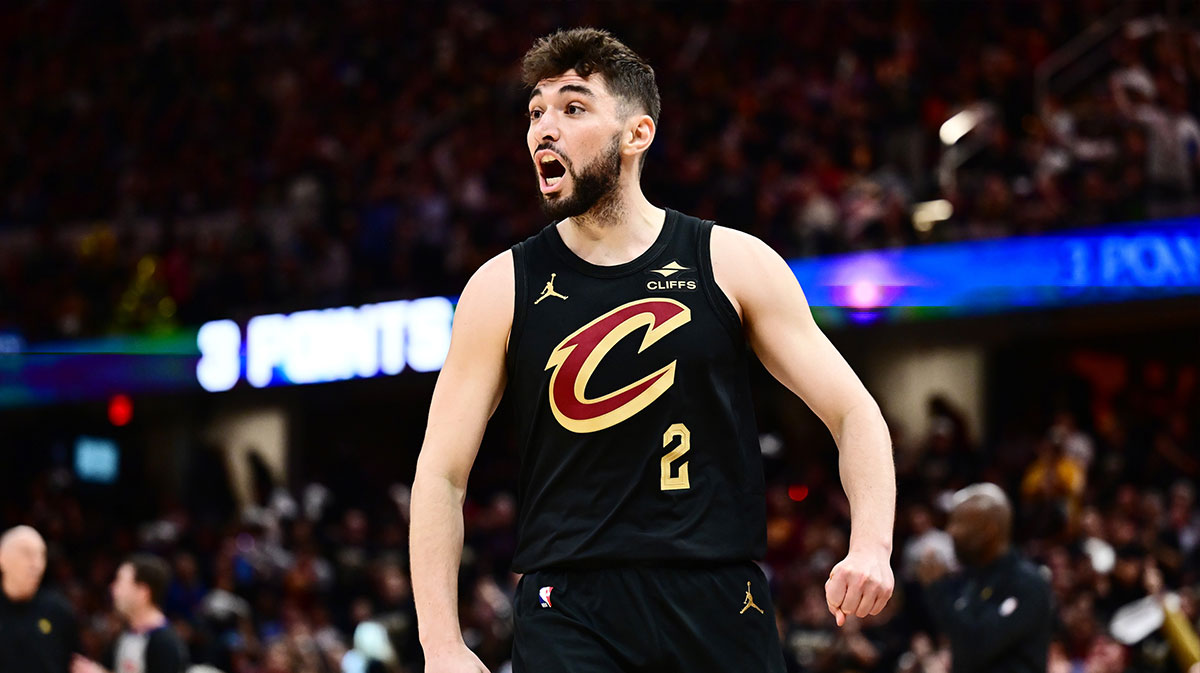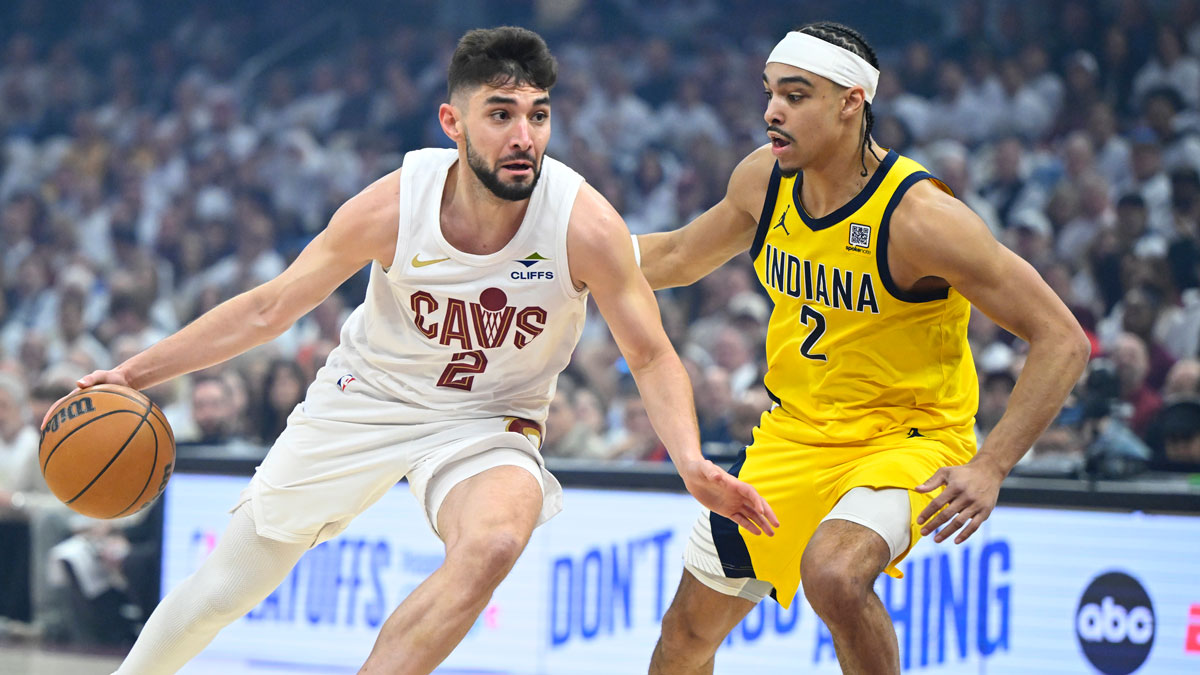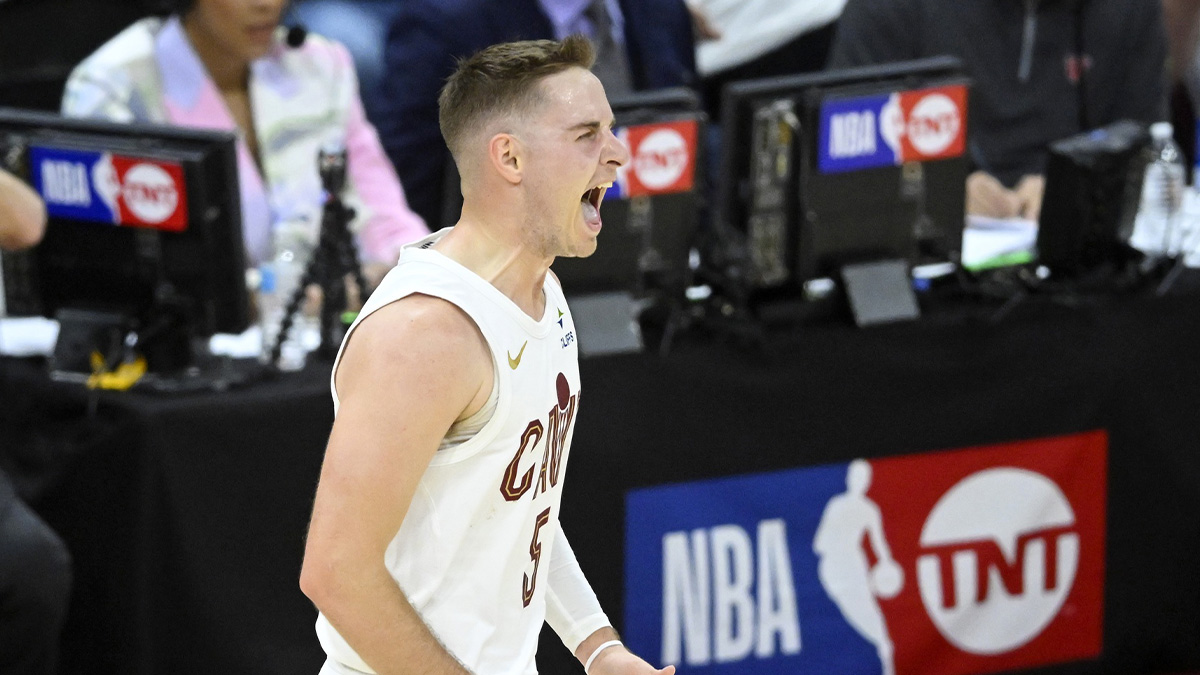The NBA trade deadline is still 58 days away, but it's never too early to speculate about possible deals, especially for a team that will be as active as the Cleveland Cavaliers. The Cavs have already made two big trades this season, and are sure to add to that total at the deadline. Shooting guards Alec Burks and J.R. Smith can not only help contending teams on the court, but also provide cap relief next summer.
Their contracts carry even more value than their play does, so both players should have a strong market. A trade for either guard would look similar to what Cleveland received for George Hill's expiring deal; draft picks and bad contracts. Many teams are still suffering from the effects of their poor financial decisions following the salary cap spike in 2016, so there is no shortage of poor contracts for the Cavaliers to seek out.
1. Chandler Parsons

Parsons still holds the title for NBA's worst contract, nearly two and a half years into his four year $94 million deal. It's not that Parsons has been a terrible player since joining the Grizzlies, it's that he has been consistently injured. He missed 21 games during his last season in Dallas, and 94 over his first two years in Memphis. This season, he has played in only three contests. If he were healthy, he would be contributing to a solid Grizzlies team. But that is not the case, and at this point, he is a waste of a roster spot, and more importantly, nearly $50 million through next season.
For salary reasons, it would require both Burks and Smith (unless Memphis is willing to take on John Henson's contract, which is unlikely. Additionally, Henson will become a very valuable asset for Cleveland next season), but a Parsons trade is possible. It would make sense for the Cavs to just place Parsons on injured reserve, and allow him to try to get his body back into playable shape.
If Parsons can heal, he could carve out a solid role on next year's team, increasing his trade value before the 2019-2020 trade deadline. However, he would not have to play well for there to be a market for him; an expiring contract worth $25 million would be an incredibly valuable trade chip. Parson's deal could create space for a max contract for a number of contending teams.

This is the position the Cavs are in now. They have the contracts to flip to other teams in exchange for draft picks and bad contracts. Then, they wait until those bad contracts are about to expire, when they turn into good ones. Cleveland then flips those deals for more draft picks and bad contracts, and the cycle repeats. The Cavaliers must continue to do this until they have acquired enough good young talent and are ready to begin not only signing impact free agents, but also extending their young players.
In terms of looking for bad contracts to flip in the future while gaining picks, it doesn't get much better than Parsons. He should be at the top of general manager Koby Altman's list of trade targets.
2. Evan Turner
Turner is an extremely interesting player, because half of his game is the perfect fit for today's NBA, and the other half would make him unplayable if it weren't for the first half. Turner stands 6'7″ 220lbs, and can play point guard, shooting guard, or small forward.
He is a solid defender at all three positions, and is a good rebounder and passer as well. The problem with Turner is his shooting. He is hitting just 15% of his attempts from beyond the arc and is shooting only 62% from the free-throw line. He has had anomalies throughout his career, but usually shoots about 80% from the stripe. Free throws and three-pointers are the two best shots in basketball today, and Turner is subpar at both. However, his passing and defensive versatility make him a valuable player nonetheless, just not one worth over $36 million during the next one and a half seasons.

A Turner-for-Smith swap works, but the Trail Blazers will probably want Burks. This means that Portland needs to send an addition $10 million (give or take a few hundred thousand) to Cleveland. This gives them the opportunity to jettison more dead weight in the form of Meyers Leonard. The 26-year-old center will make $10.2 million next year and while a solid player, is redundant with Jusuf Nurkic, Zach Collins, and Caleb Swanigan on the team.
Adding Turner and Leonard would give the Cavs two nice contracts to trade next season, and Turner should especially garner interest from good teams looking for a versatile bench player.
3. Markelle Fultz
Fultz differs from the first two players on this list in that he is neither a veteran nor on a poor contract. Fultz is not even 18 months removed from being the first overall pick in the 2017 NBA Draft, yet the uber-talented 20-year-old could be on his way out of Philadelphia.
Throughout his stint with the 76ers, it seems as if there has not been a week that hasn't produced some sort of drama-laden Fultz news. Mysterious injuries, cryptic statements, unusual shooting changes, etc. have broken the trust between Fultz and the organization.
A fresh start would be best for both sides, and what better place to begin anew than possibly the lowest-pressure situation in the NBA? As a member of the Cavaliers, Fultz can remain off the court, completely rehabbing his shoulder as he should have long ago. He won't be expected to lead a Finals contender, he will instead need to create some chemistry with his new back-court mate Collin Sexton.

Sure, Fultz is a point guard by nature, and schematically it doesn't make the most sense to throw him and Sexton onto the floor at the same time, but the Cavs aren't exactly overflowing with good young players or draft picks. They can't afford to say no to the first overall pick not even two years ago. Fultz played quite a bit of shooting guard at Washington and if he ever gets back to 100%, is certainly a good enough shooter to play the two-guard full-time.
Swapping Fultz's cap hit for Burks' expiring deal would give the 76ers some much-needed financial flexibility, as they must re-sign Jimmy Butler to a max contract this offseason, and give Ben Simmons one as well in 2020. Burks would also help Philly in their Finals push this year than Fultz would. If the Cavaliers must give up a future second-rounder or two to sweeten the pot enough for Philadelphia to accept, then so be it. Cleveland cannot pass up the opportunity to add a possible reward that is this high in exchange for so little.
The Los Angeles Lakers will garner the most headlines as the trade deadline approaches, but the Cleveland Cavaliers will also be a very interesting team to watch. Their moves this season could dictate how the rest of their rebuild will fare, and if the two deals made thus far are any indication, things will turn out pretty well in the end.

